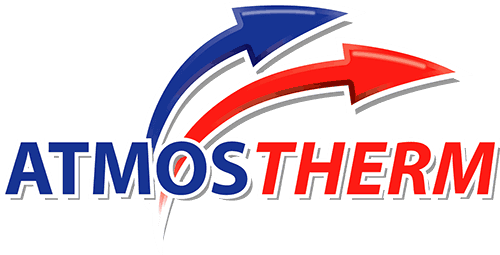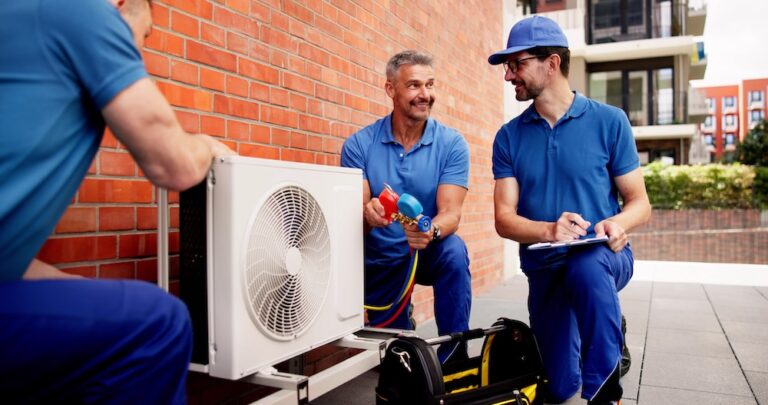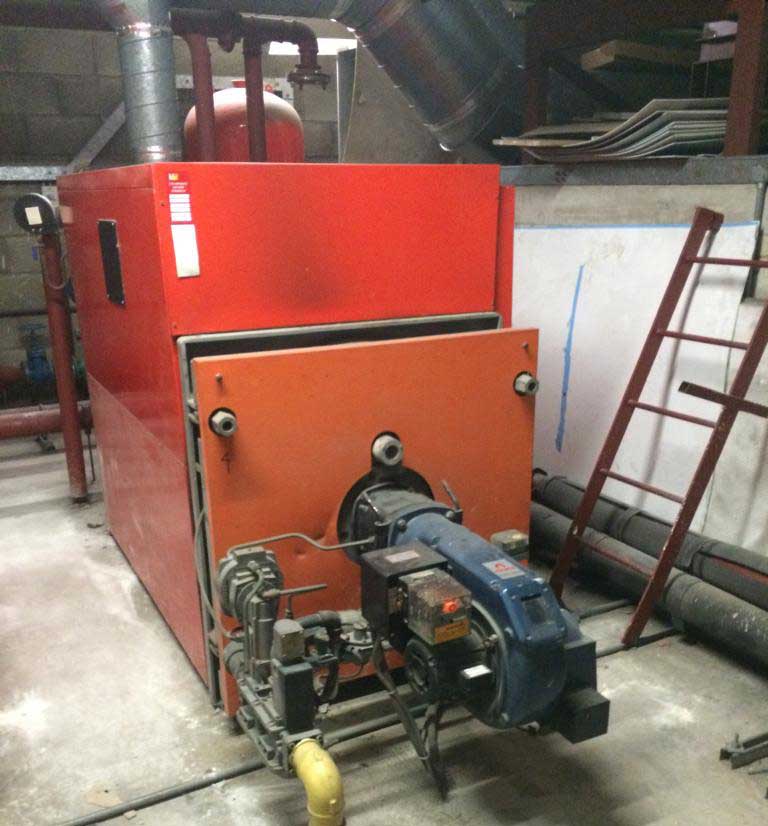A Guide to Commercial Heating
Commercial heating can be difficult and complicated to comprehend and for this reason a qualified Commercial Heating Engineer should always be used to install or service/repair. The qualified commercial heating company/engineer you engage with will be able to advise on the system of heating that will provide you with the greatest value for spend in your particular property.
Commercial Heating Systems Explained
Your engineer will ensure your property be it an industrial unit, larger property or business will get the get the correct heating system you need, keeping your facility warm and also providing running hot water.
Commercial boilers are a pressurised system that use either a combusting fuel or electricity to generate the heat. The electric coils or burners within the boiler put heat into the water within the boiler which in turn pushes steam or hot water via a pipe network to radiators around your property to provide warmth.
What are the types of Commercial Heating Systems?
Oil or Gas Water Heating
Oil Water Heating Systems or Gas water heating systems are boilers that are powered by that source of fuel. It is the boiler component of a water heating system that warms the water, which is then sent to your radiators around the facility to heat specific areas/rooms.
Oil or Gas ‘Steam’ Heating
Oil Steam Heating Systems and Gas steam heating systems are the traditional and older systems used to heat a commercial type of property. The oil or gas versions make use of the boiler to warm the water and create steam which is sent via a pipe system around the building. Oil and gas steam heating systems can be viewed as a relative inefficient use of fuel. This is because the hot water needs to be generated in order to create the steam. The steam then needs to condense and sent around the building before any warmth is created for your property.
Heat Pump Type Systems
Heat Pump type systems work much like a refrigerator in reverse. They operate by taking heat out of the air and pumping it back into the property. A heat pump type system does not require oil or gas in order to generate heat or heat your water. This makes them both energy-efficient and quite cost-effective. This type of system works well in a facility that is kept at a set temperature and there is sufficient heat held in the air that can be pulled in and then recirculated. However, when the temperature within the facility becomes too cold, they become inefficient. Therefore, you would need electric back-up heaters in order to heat the property thus making them less efficient.
Here at Atmostherm Ltd we are experts in commercial heating systems and are Manchester based commercial heating engineers.
If you need assistance with any type of commercial heating system in the North West call our experienced staff on 0800 085 7510.
HVAC Type Systems
The acronym HVAC stands for Heating, Ventilation and Air Conditioning. These are versatile systems that have the ability to warm a commercial property in winter and also cool it in summer.
This system type has a compressor that converts a refrigerant from a gas to liquid and then sends it through the coils in the system. The refrigerant then runs through HVAC coils. These coils are normally located in a unit that is outdoors where cooling and heating the air takes place as it passes through. In addition, HVAC systems filter the air as it moves through so making good quality air within the facility. These benefits make this type of system a popular choice.
Natural Energy Type Systems
Natural Energy type Systems make use of geothermal energy, solar power or other sustainable resources to create heat within the facility. This type of system is very environmentally friendly, as well as cost efficient over a long period. This is especially the case when you compare them with an oil or gas heating system. The installation of Natural energy heating systems is expensive, therefore the benefit of installation against your running costs are not likely to be seen for a number of years.
Commercial Heating Systems: Where Are They Used?
Commercial Heating Systems are used in:
- Offices
- Leisure centres
- Schools
- Restaurants
- Cafes
- Shops,
- Gyms
There isn’t a commercial heating system that is best solution for all commercial locations. As a consequence, you need to always ensure you use a fully qualified heating company. The heating company/engineer will evaluate your facility and your needs so they can recommend the optimal solution.
Why should you make sure you heating engineer is qualified?
A qualified engineer will have the knowledge to install, perform maintenance and repair large commercial heating systems. This includes the electricity work, pipework and gas so making sure your business can operate both safely and efficiently. As you will appreciate poor gas work can be a risk to life and poorly fitted boilers can be at risk of causing carbon monoxide escape as well as explosions.
Commercial and Domestic Heating Engineer: What’s the Difference?
A commercial heating engineer has a knowledge of larger more complex commercial heating systems which are designed to work differently to domestic systems. Further a commercial system will usually need a larger amount of paperwork and outlets. Further commercial systems tend to be of a more integrated system type when compared against a domestic type heating system.
A Commercial heating type engineer will:
- Have the experience and skills in order to be able to work alongside a number of other trades on sites that are being developed.
- Be able to adhere in their work to strict timescales and plans ensuring projects are completed in line with the plan’s timescales.
- Have the experience and knowledge of large scale and complex heating systems enabling them to:
- Install
- Maintain
- Problem solve efficiently and effectively
- Repair
- Be able to work on plumbing systems that will include:
- Pipes
- Sewers
- Industrial boilers
- Gas and electricity
- Have an up to date understanding of legislation codes for heating on electric and gas.
What are the signs that your Commercial Heating needs either servicing, repairing or replacing?
- Is your heating system 15 years old or older? If it is it may need to be replaced. This will provide you with a more energy efficient heating /cooling system and it will cost you less to run.
- What is the energy efficiency rating for your current system? If it is below an ‘A’ rating you should strongly consider replacing it.
- A commercial heating engineer has advised you that your heating system is not operating efficiently or is no longer safe.
- A heating engineer can condemn an unsafe system making it illegal to use.
- Does your commercial heating system take a lot more time to heat up than it has in the past?
- Non-standard noises.
- The colour of the boiler’s flame in not blue.
- There is a leak in the heating system.
- You are finding that your running costs are going up.
- You are now finding you are getting uneven heating within the rooms of your facility.
- The frequency of repairs to your heating system is increasing.
- Parts for your system are no longer available.
The main couple of points in the decision of to repair or replace are those of cost and safety. If you are not having safety issues you have time to complete a cost comparison between ‘buying / installing a new system’ against ‘repairs and running costs’. The qualified commercial heating company / engineer you engage will be able to provide guidance on this.
Speak to a HVAC expert today
Enter your details below to get a call back from one of our HVAC experts.



